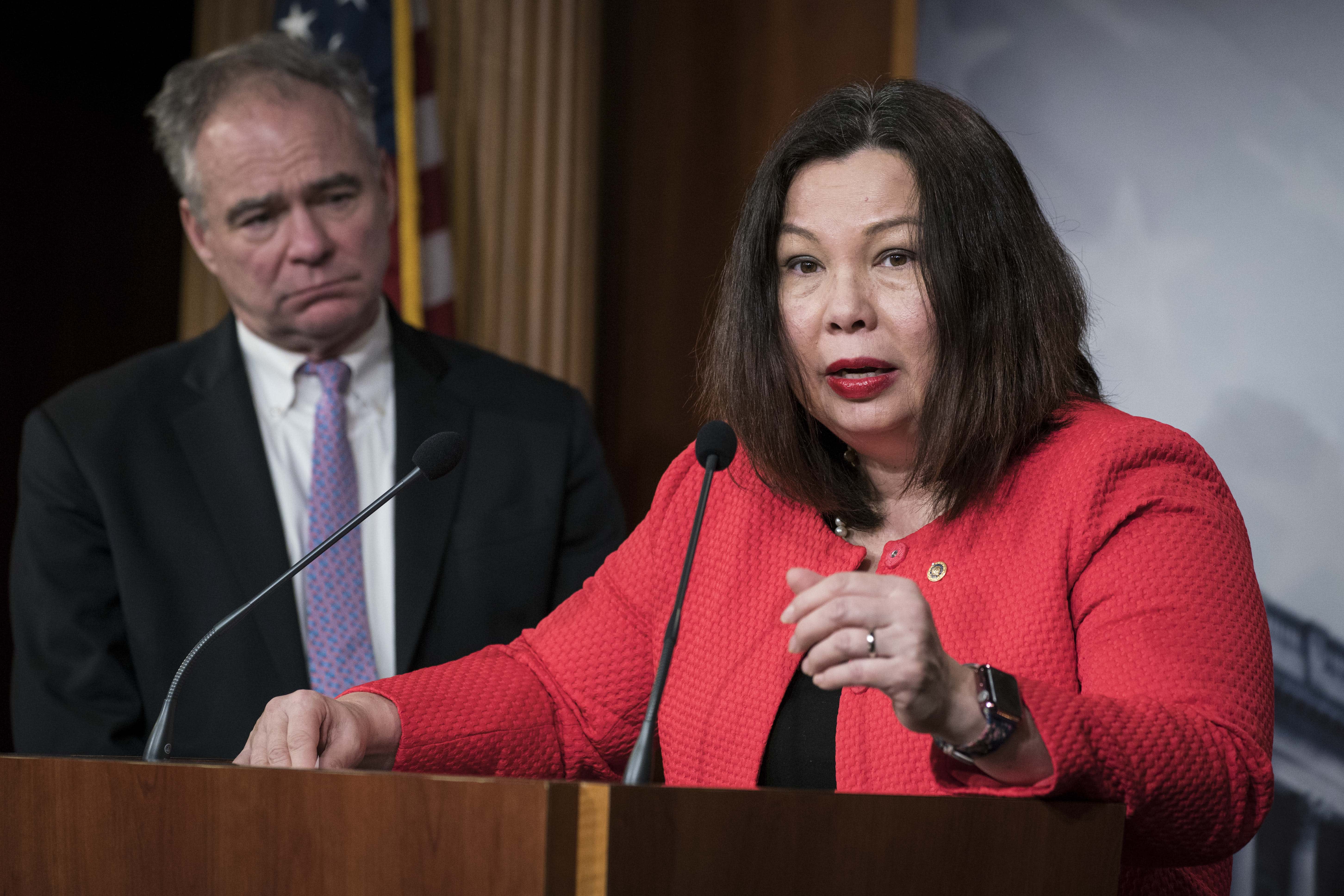A bevy of Asian American leaders and activists on Thursday are poised to testify before a House panel on civil rights about the rise in discrimination and violence against their communities amid the coronavirus pandemic.
The 10 a.m. hearing will consider ways to prevent racially motivated attacks as it examines both the historic and more recent forms of discrimination felt by Asian Americans, House Judiciary Committee Chairman Jerrold Nadler, D-N.Y., said in a press release.
“There has been a long history of anti-Asian racism in the United States, especially during times of social or economic unrest,” Nadler said. “Unfortunately, since the onset of the COVID-19 pandemic, this bigotry has reared its ugly head once again.”
The hearing comes amid skyrocketing reports of incidents against Asian Americans. It also comes days after a shooting spree at three spas in and around Atlanta, Georgia, that killed eight people, six of whom were reportedly Asian women.
There is “legitimate concern that these killings may have been racially motivated,” Senate Majority Leader Chuck Schumer, D-N.Y., said on the Senate floor Wednesday morning.
“There is bigotry in the land, and far too much of it,” Schumer added, lamenting that “a sort of superego that puts these things down seems to have weakened, and the id seems to have strengthened.”
The livestreamed hearing before the Judiciary Subcommittee on the Constitution, Civil Rights, and Civil Liberties is slated to include testimony from multiple Asian American lawmakers, including Sen. Tammy Duckworth, D-Ill., the first Thai American woman elected to Congress. The other lawmakers are Reps. Doris Matsui and Judy Chu of California, and Grace Meng of New York.
Additional witnesses include leaders of Asian American advocacy groups, such as Asian Americans Advancing Justice and the Asian Pacific Policy and Planning Council. Also on the list are attorney Wencong Fa of the Pacific Legal Foundation and Charles Lehman of the Manhattan Institute, as well as three university professors.
Actor and producer Daniel Dae Kim, best known for his roles on the smash-hit television series “Lost” and “Hawaii Five-0,” is also listed as a witness.
Kim has previously spoken out against the growing problem of anti-Asian violence, blaming in part the incendiary rhetoric of former President Donald Trump, who repeatedly referred to Covid as the “China virus” despite a barrage of criticism that such language is racially charged.
“There’s no question that his rhetoric, in my mind, had an effect, but there are a number of politicians who followed in those footsteps,” Kim told USA Today earlier this month.
“To blame one person doesn’t do justice to the situation. It’s really about the disrespect that was shown to an entire group of Americans,” he added in that interview. “This is what I think is most important in all of this: You might have your problems with the Chinese government and you might even have problems with certain Chinese people, but the people being attacked are Americans in America who often have no connection to China, and especially the Chinese government.”
Trump, since leaving office after one term, has continued to refer to Covid-19 as the “China virus.”
Reported hate crimes against Asian Americans have surged since the virus, which experts believe originated in China’s central city of Wuhan, grew into a pandemic last March.
The advocacy group Stop AAPI Hate said Tuesday that it received 3,795 reports of hate incidents against Asian Americans and Pacific Islanders between March 19, 2020, and Feb. 28, 2021.
The group said in a press release that those reported incidents “represent only a fraction of the number of hate incidents that actually occur, but it does show how vulnerable Asian Americans are to discrimination, and the types of discrimination they face.”
Democrats including House Speaker Nancy Pelosi have called on Congress to pass legislation aimed at improving hate-crime reporting and to provide more support to victims.
President Joe Biden and Vice President Kamala Harris have both spoken out about the rise in attacks on Asian Americans.
“Too often, we’ve turned against one another,” Biden said last week in a speech marking the one-year anniversary of the pandemic.
The president decried “vicious hate crimes against Asian Americans, who have been attacked, harassed, blamed, and scapegoated,” saying, “it’s wrong, it’s un-American, and it must stop.”
Harris in mid-February vowed that the Biden administration would “continue to commit ourselves to combating racism and discrimination.”
Biden signed an executive order on Jan. 26 targeting xenophobia against Asian Americans. Advocates applauded the move, but maintained that it is not enough.
“This dark chapter in American history is a moment when accountability and action are required to bring about justice and peace,” California’s Asian Pacific Islander Legislative Caucus said.
